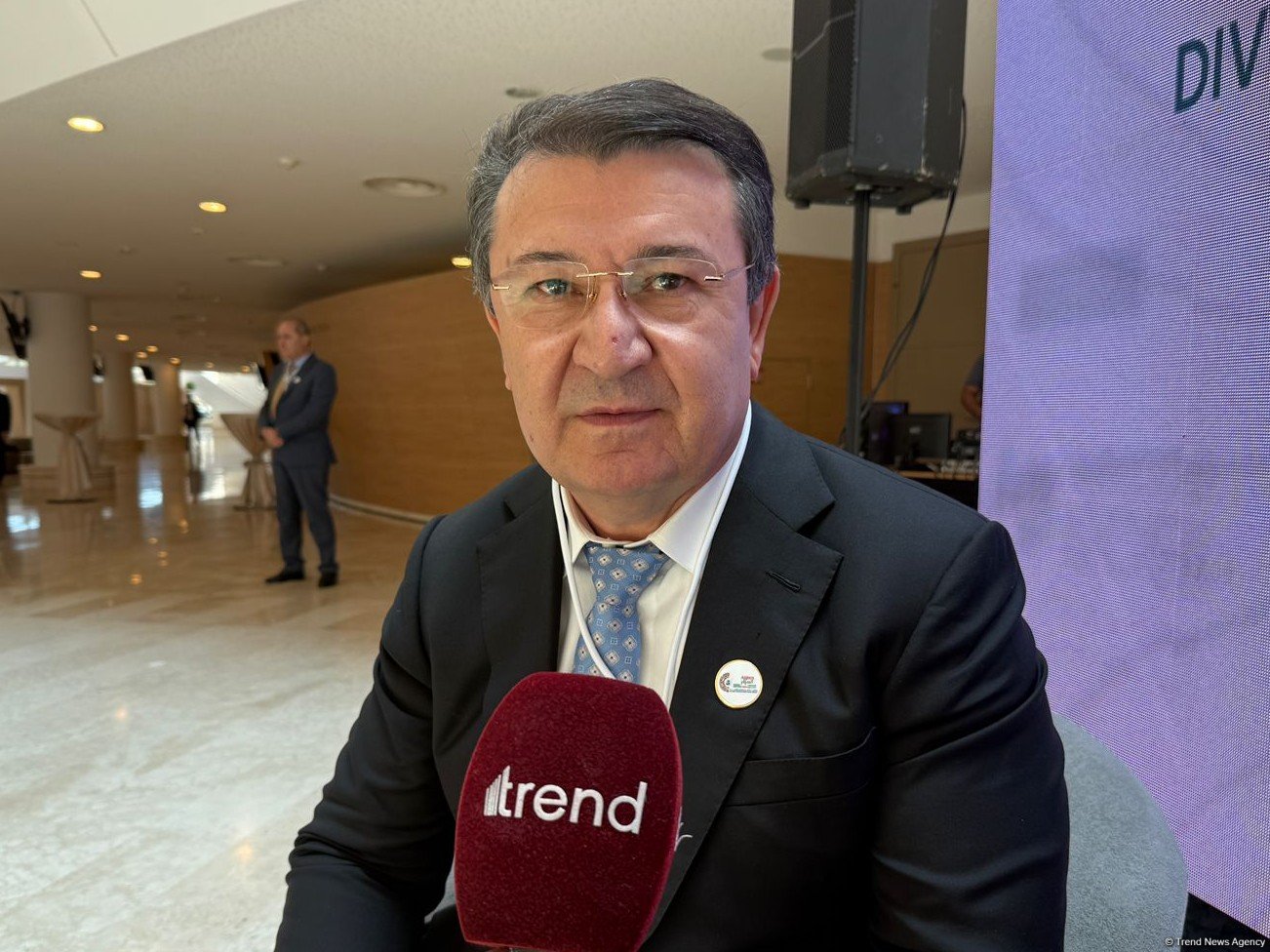ALGIERS, Algeria, May 22. Tajikistan hopes to continue cooperation with LLF in improving the health care system in remote regions, the minister of Health and Social Protection of Population of Tajikistan Jamoliddin Abdullozoda told Trend.
He made the remark on the sidelines of the Forum “Transforming Lives and Livelihoods Forum: Mobilize for Impact” held within the framework of the Annual Meetings of the Islamic Development Bank (IsDB) in Algeria
"First of all, on behalf of the Government of the Republic of Tajikistan, the Ministry of Health and Social Protection, I would like to express my sincere gratitude to the Islamic Development Bank and the Lives and Livelihoods Foundation (LLF)for the invitation to participate in this high-level event dedicated to financing, including in the health sector. I would like to emphasize that with the support of the Islamic Development Bank and LLF, Tajikistan is implementing a number of significant projects in the health care system, particularly in the field of maternal and child health," he said.
Abdullozoda noted that a joint project of the Islamic Development Bank and LLF was successfully implemented in four regions of Khatlon region last year.
"Thanks to the construction and equipping of medical facilities
in these regions, there has already been a positive trend in
reducing maternal and child mortality for a year.
If in 2023 the maternal and child mortality rate was about 14-15
cases per 100,000 people, this year this indicator has decreased to
10.8. This is a convincing evidence that creation of proper
conditions for medical personnel and provision of institutions with
modern equipment leads to a noticeable improvement in the quality
of medical care," he said.
The minister expressed hope for continuation of fruitful cooperation with the Islamic Development Bank and LLF, including the construction and equipping of hospitals in remote and hard-to-reach regions of the country.
"The problem of lack of qualified specialists, modern equipment and decent working conditions is relevant not only for Tajikistan, but also for many other countries. Therefore, it is important that such projects cover the most remote corners, providing equal access to quality medical services for all citizens - regardless of whether they live in the capital or in the most remote areas of the country," he concluded.







